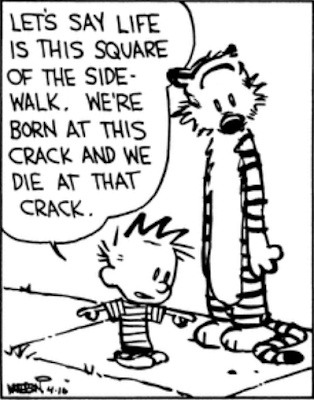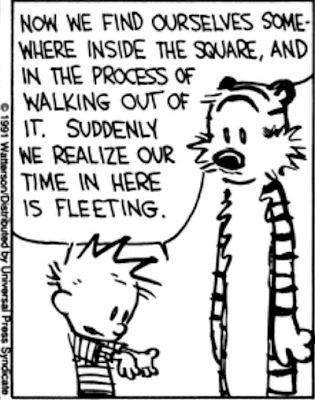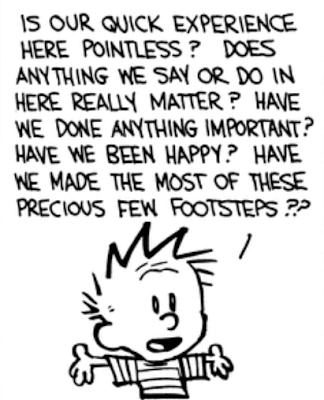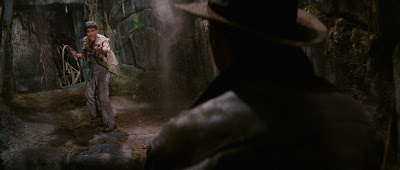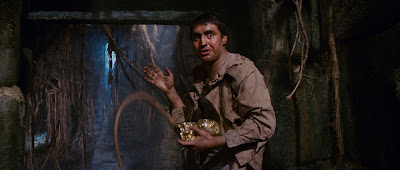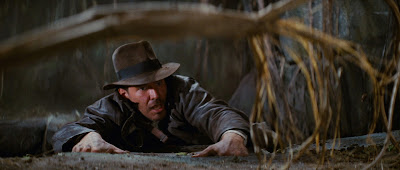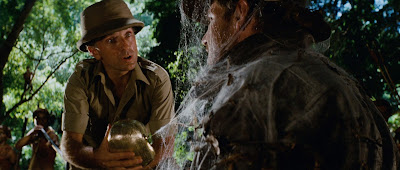57 years ago, people who only wanted their basic rights as citizens of the United States of America to be acknowledged were viciously attacked on a bridge in Selma, Alabama. They were attacked by the very people who had sworn to uphold the law.
The following summary is from Landslide by Jonathan Darman.
"Selma's voter registration practices were grotesquely unjust. Time magazine observed the activists' efforts in the city in January of 1965:
Negroes stood in line for up to five hours a day waiting to enter Room 122 in the courthouse. During the two weeks only 93 got in, since only one applicant was admitted at a time. Each had to answer a series of biographical questions, then provide written answers in a 20-page test on the Constitution, federal, state and local governments. (Sample questions: Where do presidential electors cast ballots for President? Name two rights a person has after he has been indicted by a grand jury.) To prove literacy, each applicant had to write down passages from the Constitution read to him by the registrar. The registrar was the sole judge of whether the applicant's writing was passable, and whether his test answers were correct.
"Selma was, in other words, the kind of place that could make the country care about the fact that millions of its black citizens had been denied the right to participate in their democracy, the kind of place that could take a country that had turned a blind eye toward the violation of its Constitution for a century and finally force that country to see. As January turned to February, the press became transfixed by the barbarism of [Dallas County Sheriff James] Clark's forces: their eagerness to assault black citizens who were simply waiting in line, their tendency not to calm white mobs but to whip them up. The Johnson administration had made noises about a push for a voting rights law as part of its hundred days agenda. But conventional wisdom was that Johnson would not risk further full-scale combat with the Southern bloc in the Senate so soon after his 1964 civil rights success. The movement activists wanted to make it impossible for Washington to wait. From the pulpit in Selma's Brown Chapel, King used a familiar phrase to make the case for moral urgency: 'We've gone too far now to turn back. And in a real sense, we are moving. And we cannot afford to stop because Alabama, and because our nation, has a date with destiny.'
"Destiny came on March 7 on Selma's Edmund Pettus Bridge. The movement activists had set out on a march to Montgomery, the Alabama capital, where they would demand that the state's governor provide protection against white mobs, protection that Clark's forces certainly would not provide. In response, Clark effectively declared a race war, announcing that all of Dallas County's white male citizenry would be deputized under his command. The two sides met at the bridge. At the front line, the marchers were quiet as they stood erect. At first, when the police force charged them, the nonviolent protesters simply toppled over and let their persecutors tread upon them. Then everything was swallowed up by a high, unified shriek -- the sound of a mass of demonstrators suddenly engulfed in chaos. It was the sound of ordinary men and women on a public thoroughfare coming under attack.
"For history, that day in Selma would be Bloody Sunday. The mangled faces on the television broadcasts that night showed why. Subsequent generations of American schoolchildren would be shown the footage from the Edmund Pettus Bridge in order to learn what courage looks like, and what evil looks like, too."
* * * * * * *
Truth is...I'm not sure schoolchildren are being shown this anymore, and that grieves me. I'm also pretty sure that some of those nightstick-wielding police officers had sat in church that morning and sung hymns and prayed prayers and agreed with Jesus when he said "whatever you did for one of the least of these brothers and sisters of mine, you did for me," (Matthew 25:40) and that grieves me.
And I know that the color of our skin still affects how some people interact with us.
And that grieves me.

